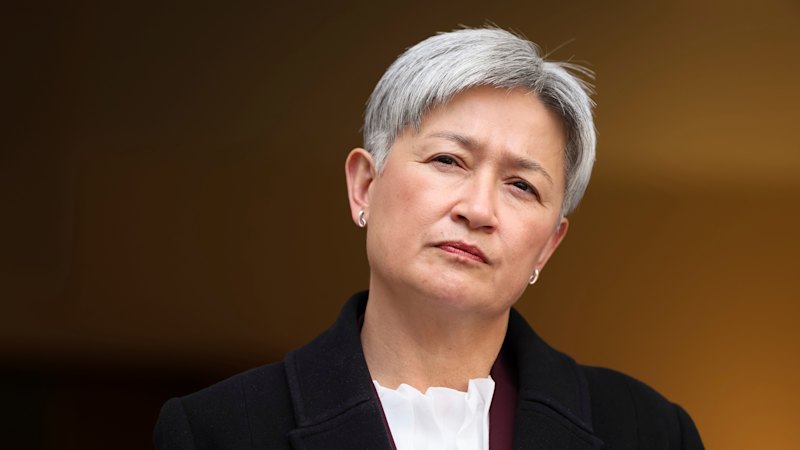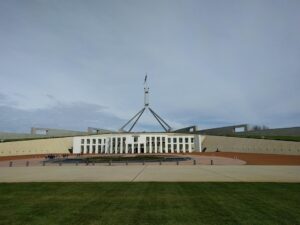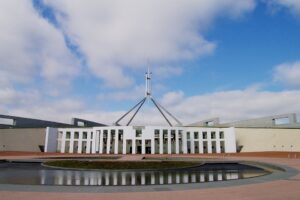
Australia has formally condemned Israel’s plans to construct thousands of housing units in the E1 area of the West Bank, a move that many believe undermines the possibility of a Palestinian state. Foreign Minister Penny Wong joined a coalition of 20 nations in a statement denouncing the Israeli government’s recent approval of the controversial E1 project, claiming it violates international law.
The E1 project, which involves the construction of approximately 3,400 housing units, has sparked significant international concern. The statement from foreign ministers, including Wong, highlights fears that the plan will effectively sever the West Bank from East Jerusalem, creating barriers for Palestinians seeking to navigate their own territory. The Israeli Higher Planning Committee approved this construction on March 15, 2024, prompting swift condemnation from various global leaders.
In a statement issued late on Thursday, UK Foreign Secretary David Lammy called for an immediate reversal of the decision, emphasizing that it poses a risk to regional stability. The joint statement expressed, “The decision by the Israeli Higher Planning Committee to approve plans for settlement construction in the E1 area, East of Jerusalem, is unacceptable and a violation of international law. We condemn this decision and call for its immediate reversal in the strongest terms.”
This diplomatic backlash adds tension to Australia’s already strained relations with Israel, especially following recent remarks from Israeli Prime Minister Benjamin Netanyahu. In a statement that drew sharp criticism, Netanyahu accused Australian Prime Minister Anthony Albanese of politicizing the conflict, further complicating the bilateral dialogue.
The international response to the E1 project underscores a broader shift among developed nations regarding Israel’s policies in the occupied territories. Many countries are preparing to recognize a Palestinian state during the upcoming United Nations General Assembly in New York. This potential recognition reflects a growing frustration with Israel’s settlement expansions, which are seen as obstacles to peace.
Israeli Finance Minister Bezalel Smotrich, a member of Netanyahu’s coalition government, further inflamed tensions by asserting that the E1 project will eliminate the possibility of a Palestinian state. He stated, “With E1, we are delivering finally on what has been promised for years. The Palestinian state is being erased from the table, not with slogans but with actions.”
The United Nations has also joined the chorus of voices opposing the E1 development. Spokesperson Stephane Dujarric warned that expanding the settlement would “drive a stake through the heart of the two-state solution” and urged Israel to halt all settlement activities.
The Palestinian Foreign Ministry condemned the announcement as well, asserting that the E1 settlement would isolate Palestinian communities and undermine any hopes for a viable two-state solution. These developments come against the backdrop of ongoing violence in Gaza, where many nations have expressed alarm over the humanitarian situation, calling for restraint from both sides.
Netanyahu reaffirmed his administration’s commitment to housing construction in contested areas during a visit to the West Bank settlement of Ofra. “I said 25 years ago that we will do everything to secure our grip on the Land of Israel, to prevent the establishment of a Palestinian state,” he declared.
The two-state solution, which envisions a Palestinian state existing alongside Israel, remains a contentious issue. The current trajectory of settlement expansion raises serious questions about its feasibility and the future of peace in the region.
The international community, particularly the nations that signed the joint statement, now face the challenge of navigating these complex dynamics while advocating for a resolution that respects the rights of both Israelis and Palestinians.






